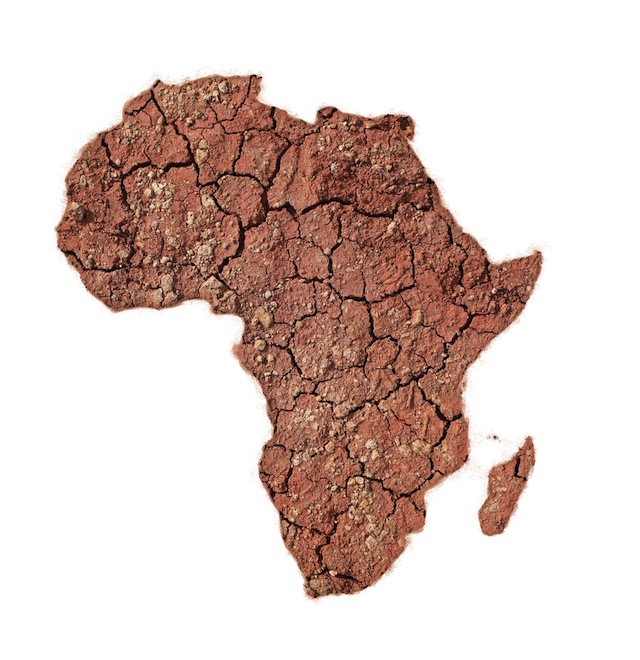The African Environment Day, set aside to amplify awareness on how to develop and improve on policies that will help address numerous environmental challenges bedevilling the region, has been marked by the African Union (AU) in collaboration with the Angolan government.
The day, which is being marked with three-day-long activities alongside the Wangari Mathaai Day in Luanda, Angola, emphasises the need for governments to raise policies that will enhance women participation.
Preceding the celebrations of the day was a two-day Women and Environment Forum focusing on women, environment and peace. The forum highlights the plights of women and minority groups with regards to access to, and ownership over natural resources.
Speaking at the event, the coordinator of the Semi Arid Food Grain Research and Development of the AU, Dr Ahmed Elmekass, said lack of peace contributes to environmental degradation with women often at the receiving end.
He said women participation was essential in every action that nations take, stressing that: “unless women contribution to the environment is recognised, the idea of sustainability development will remain an illusion.”
Angolan Minister of Environment Paula Francisco said the women have been doing a lot but not enough to give their voice to the country.
While calling on the forum to suggest useful ways and means to address the challenges, she said trees would be planted in commemoration of the Wangari Mathaai Day, as part of the legacies she left behind.
The Senior Policy Officer for Forestry and Land Sustainable Management, AU, Almami Dampha, in his remarks said the marking of the African Environmental Day started nine years ago to mobilise opinion from high level government and that it has been a success so far.
Dampha said the celebrations are meant to generate a change of attitude through which people would value and protect their environment and natural resources.
While noting the need to tackle the environmental challenges within the sustainable development goal, he said the forum provides space for countries to learn from one another in terms of good practices.
He said the AU was targeting various women groups since they are at greater disadvantage when it comes to issues of environmental effects.
He said it is injustice to see women not advancing in spite of being 50 percent of the population.
The AU maintained that the forum is vital going by the fact that environmental management in Africa continues to be challenged by numerous constraints including population growth, environmental degradation, economic and industrial development needs.
“The levels of environmental pollution and degradation are on the rise as cities and infrastructural expansion to promote transportation, natural resources, land, forest, water and biodiversity bear the brunt of the degradation and pollution.
These have seriously and disproportionately affected the advancement of women and the rural poor in particular, he said.

 Join Daily Trust WhatsApp Community For Quick Access To News and Happenings Around You.
Join Daily Trust WhatsApp Community For Quick Access To News and Happenings Around You.


